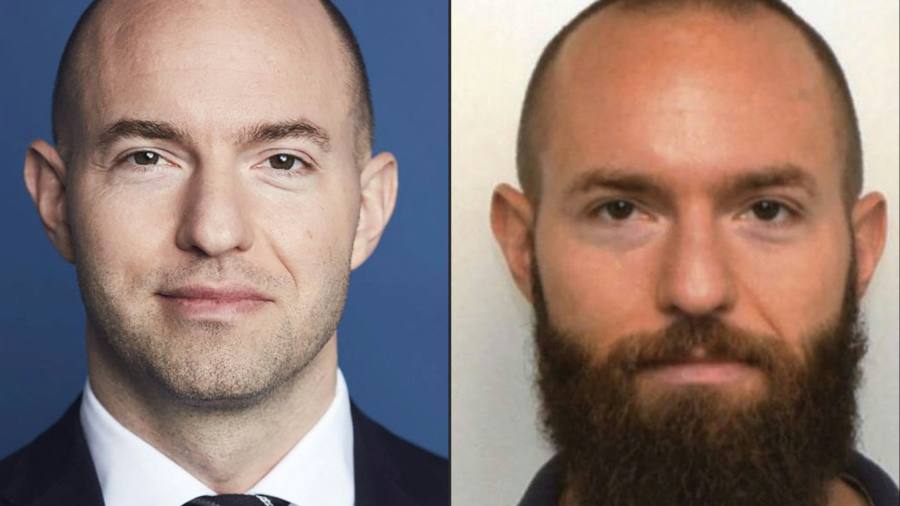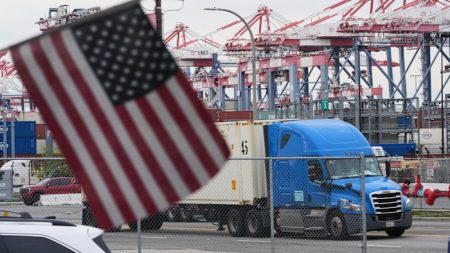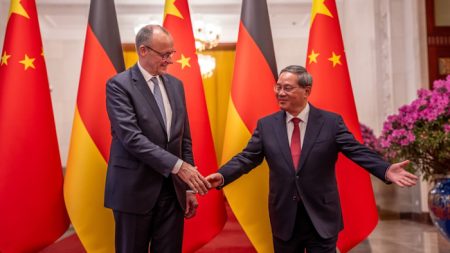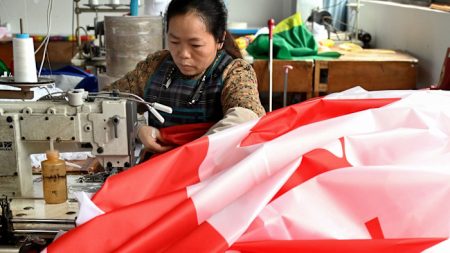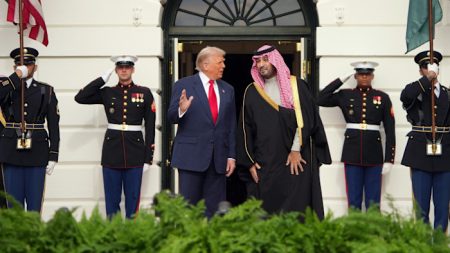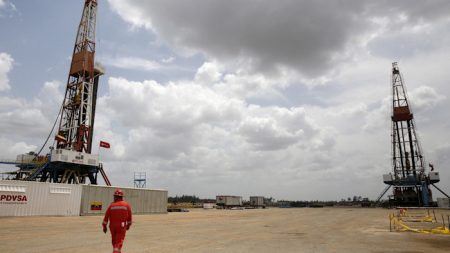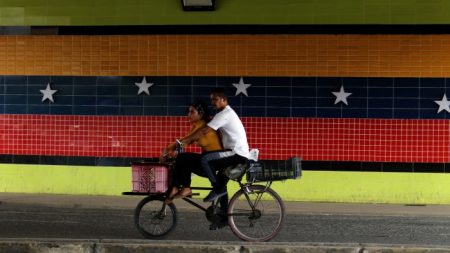Receive free Wirecard AG updates
We’ll send you a myFT Daily Digest email rounding up the latest Wirecard AG news every morning.
Former Wirecard executive turned fugitive Jan Marsalek has claimed the Asian operations at the heart of one of Europe’s biggest accounting scandals survived the collapse of the payments group, a German court has been told.
The assertion was made in a letter sent by Marsalek’s lawyer to a court in Munich, where Markus Braun, who led Wirecard, and two other former senior executives, Oliver Bellenhaus and Stephan von Erffa, are on trial on charges of fraud, embezzlement and markets and accounting manipulation.
The unsolicited letter received earlier this month is the first known contact from Marsalek since the 43-year-old fled the country in the days before Wirecard collapsed in June 2020.
Wirecard, once a great hope of Germany’s tech sector, failed after admitting that €1.9bn in cash did not exist. German prosecutors and the Wirecard’s administrator said that the company’s outsourced operations in Asia, or so-called third-party acquiring (TPA) operations, were a sham.
Marsalek’s claim was revealed in court on Wednesday by Nico Werning, one of Braun’s lawyers, who are seeking to have the letter treated as formal evidence in Germany’s biggest fraud trial.
According to Werning, Marsalek claims that the TPA operations “eventually proved to be more resilient and crisis-proof than the [Wirecard] group itself”, saying that it was processing payments independently of the Munich-based company at the point of its collapse and that they continue to be in operation.
Wirecard’s former second-in-command also claimed that over time the TPA business was carved out of Wirecard and at one point did not depend on the group at all — “neither with regards to sales, finance and technology”, Werning told the court.
Before its implosion, Wirecard stated that it referred payment-processing clients to its outsourcing partners in Asia to handle business from countries where it did not have its own licences. The outsourced operations purportedly received royalty fees that were paid into bank accounts in Asia, which were subsequently found to either not exist or never held such large sums.
Marsalek claimed that the TPA business was set up in a way that was typical for the payments industry and consisted of a “structured international network of firms”.
In a forensic investigation in the months before Wirecard’s failure, KPMG was unable to verify that the TPA operations existed. Wirecard’s administrator and Munich prosecutors have concluded that they were fake and fabricated to inflate the company’s share price and to help it fraudulently raise more than €3bn from banks and bond investors.
Following Wirecard’s demise, its administrator failed to uncover any traces of the TPA business. A key argument pointing to the fact that it was invented was that no TPA client ever reached out to Wirecard after its collapse. In his letter, Marsalek claims this was because the TPA business continued to exist.
Marsalek is one of the world’s most wanted white-collar criminal suspects and has been on the run for three years after flying to Belarus on a private jet, telling colleagues he was heading to Asia to retrieve the missing cash. German law enforcement authorities suspect that he is hiding in Moscow. He is one of six Austrian citizens on Interpol’s “Red Notice” list, which records the world’s most-wanted criminal suspects.
Marsalek’s claims about the TPA business appear to echo the testimony from Braun, who has said the operations were real but that its proceeds were siphoned off without his knowledge. According to Werning, Marsalek stated in his letter to court that the TPA business existed for more than a decade, processing “large transaction volumes”.
The court will decide at a later point how to deal with the Marsalek document.
Read the full article here





